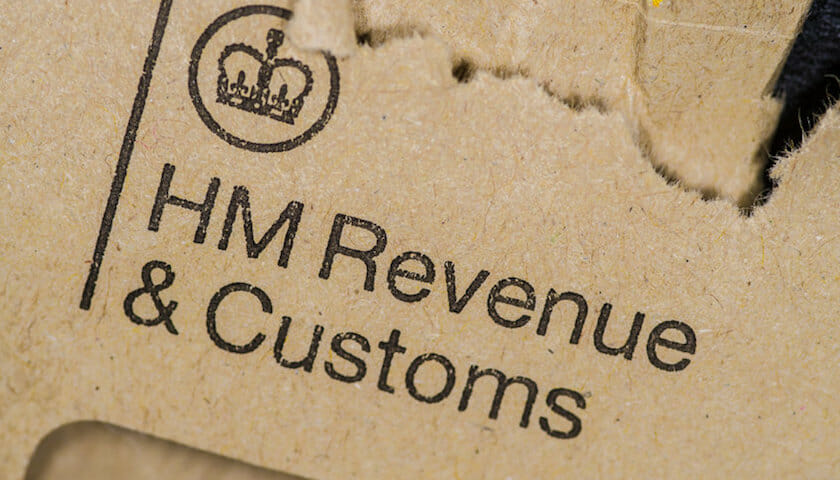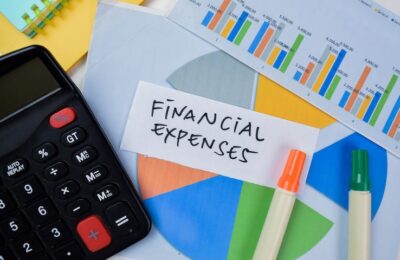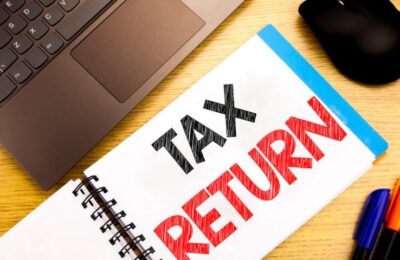Sometimes it takes an almost superhuman effort to understand government press releases. A case in point is one that was released back in June 2021. It is entitled Government announces simplified tax reporting for self-employed and small businesses. After delving into the detail, it turned out to be an announcement about something called ‘Basis Period Reform’. If you are self-employed, a sole trader or in a partnership – and your accounting year isn’t the same as the tax year – you need to understand what this reform entails.
What were the old ‘basis period’ rules?
A ‘basis period’ is the period of the year during which a business pays tax. It is normally the same as the tax year (i.e. 6th April to 5th April the following year).
Things got more complicated if your business decided to use a different accounting year. Let’s take the example of a new business that started trading on 1st January 2021. It wants to use 1st to 31st December as its basis period.
The traditional rules mean that, to do this, the business had to have two basis periods during its first year of trading. The first one always had to end with the tax year – i.e. 5th April 2021.
Added to this is the second basis period, which runs from 1st January 2021 to 31st December.
This means that, for the period 1st January 2021 to 5th April 2021, the business’s profits were taxed twice. In subsequent years, only the profits made between 1st January and 31st December were taxed – this was the new basis period.
Taxed twice?
You may be wondering what happened after a business was taxed twice because of two basis periods running concurrently. In short, HMRC kept the extra taxation until the business either changed its basis period again, or it wound up.
When either of these things happened, something called Overlap Relief came into play. This was a method of getting the extra taxation back. However, this system led to thousands of errors and mistakes in tax returns. The Treasury says that more than half of those entitled to Overlap Relief didn’t claim it.
What is the new Basis Period method?
The change means that “businesses are taxed in profits arising in a tax year, rather than profits of accounts ending in the tax year”.
The reform took effect for the 2024 to 2025 tax year with a transition year in the 2023 to 2024 tax year.
The Treasury gives this example:
Example: A business draws up accounts to 30 June every year.
Under the old rules, income tax for 24/25 would be based on the profits in the business’s accounts for the year ended 30 June 2024.
Now, the income tax for 24/25 is based on: 3/12 of the income for the y/e 30 June 2024, plus 9/12 of the income for the y/e June 2025
The Treasury wants this new way of accounting to be integrated with Making Tax Digital (MTD) for Income Tax. One benefit will be for people who have several sources of income – the reforms will reduce the number of times they need to report their income under MTD for Income Tax.
What should I do now?
If you think the new Basis Period Reforms will affect you, please do talk to your account manager. Similarly, if you’d like help preparing for Making Tax Digital for Income Tax, we’d be delighted to help.
About Karen Jones
Having worked for one of the world’s largest accountancy firms, Karen Jones uses her tax knowledge and skills to help clients obtain substantial reductions to their tax liabilities.
With an expanding portfolio of tax clients, Karen enjoys the variety her work brings her and particularly likes working with new businesses and people. With a growing number of tax clients, she frequently faces a variety of challenges and relishes the experience she gains as she solves them.
Karen likes the THP ethos: “I like the way the team has a professional, but friendly and down-to-earth approach – it creates a productive atmosphere that benefits everyone.”
Karen’s specialist skills:
- Personal Taxation
- Tax Efficient Planning
- Trust Administration












